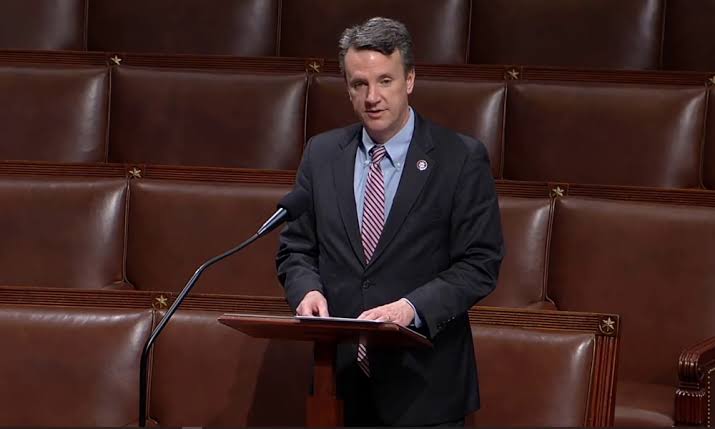Representative Ben Cline, apparently an ardent supporter of antitrust laws, has introduced a bill eliminating the Federal Trade Commission (FTC), the independent federal agency that enforces the antitrust laws. Elon Musk, possibly the head of DOGE although it isn’t quite clear, is on board with the bill.
Some have argued that the elimination of the FTC as an independent agency has already happened. And unlike former Representative John Mica’s proposals of past, this one would not turn the FTC building into a museum.
The One Agency Act proposes transferring all antitrust matters to the DOJ, including staff (for now) and budget (for now). Cline, who represents Virginia’s Sixth Congressional district, explained the rationale for the bill in his press release:
For far too long, our antitrust enforcement has been plagued by bureaucratic infighting and delays that hinder competition…These inefficiencies have allowed sophisticated entities to manipulate the system to their advantage, escaping accountability for their anti-competitive actions. It’s time we address these issues head-on. We need to streamline and reinforce our antitrust enforcement within the Justice Department. The Department is more directly accountable to the American people and is structured to deliver the decisive enforcement necessary to protect consumers and ensure a fair marketplace.
For true believers of government efficiency, however, the bill doesn’t go far enough. Sure, there are obvious “efficiencies” from reducing enforcement agencies from two to one, as well as the predictable eventual cutting of enforcement budgets. But the problem for reformers like Rep. Cline is that there are still other enforcers of the antitrust laws, beginning with the states.
If the goal is really to consolidate enforcement into a single body, Congress needs to eliminate the states from parens patriae federal antitrust enforcement. Sometimes, states forget the principle of federalism that means if the federal enforcement agencies choose not to prosecute an action, that means the state antitrust agencies should bow out as well. (At least, I’m sure there is a body of literature somewhere that says this). While there is some coordination between the states via the National Association of Attorneys General, coordination could be even more efficient to reduce that number via the massive economies of scale associated with only one provider of antitrust enforcement. Let the states litigate state antitrust laws in state court, until the Supreme Court rules 6-3 that state antitrust laws are preempted by federal antitrust laws.
But even that maneuver leaves too many antitrust enforcers. Private plaintiffs are uniquely situated to know what’s happening in the market. They have infinite resources compared to federal and state governments, and treble damage recoveries are plentiful. Standing is never an issue, even for direct purchasers. At least these are things I’m told.
For members of the efficiency cult, the optimal number of antitrust enforcers is really zero. If it is true that Type I errors are a bigger worry than Type II errors, then most mergers produce efficiencies, the rule of reason ought to dominate Section 1 behavior, and Section 2 cases should be rare. In that case, maybe it is best to be done with the whole thing. Why force companies, for example, to file HSR forms when the vast bulk of mergers are efficient? Why subject defendants to rule of reason when plaintiffs mostly lose?
Why employ law firms to defend obviously beneficial activities? After all, according to FTC Chairman Ferguson, the ABA is a left-wing political organization. Why fund it? And don’t get me started on economists, billing $1000+ an hour and increasing the costs associated with consummating an efficient merger. Think of all the cost savings from getting rid of an entire class of people who, by their own admission, think the antitrust laws are hurting their clients? Rep. Cline and his ilk are not the first to suggest the neutering of antitrust. Of course, others are more adept at killing it slowly, while some seek a quick death for it.
That’s all Congress can do to make society better and promote consumer welfare, or total surplus, or trading partners or price or output or abundance, or whatever the hell they are doing.
But the President can do more. Canada and Greenland have antitrust enforcement agencies, for example. We need to stop that nonsense. Maybe a merger?
It would be a start.
This is either a job application for Project 2029 or an April Fool’s message.
